The content of the article
After an exciting waiting period, the baby was born. A lot of questions begin to arise, some of them sound like this: “What should I eat now so that the crumbs do not have a tummy ache?” The nutrition of the nursing mother is in many ways similar to the introduction of the first complementary food. Explicit products - provocateurs, which have a pronounced effect on the intestines, should be excluded immediately. Peas, lentils, grape juice, dark bread will wait for their time. The remaining products should be introduced into the diet in very small portions, gradually.
Replenishment diet
The baby gradually discovers the world around it, including new tastes. At first it all comes to him with his mother's milk, slowly preparing a small organism for a meeting with other products. It is impossible to build a completely neutral menu for the mother, excluding the slightest allergens and other irritants.
It is necessary to approach the problem from the other side and gradually expand the range of vegetables, fruits and other food products, closely watching the child’s reaction to a new supplement in the diet. Acquaintance with legumes is better to start with green beans. The rich chemical composition attracts the close attention of cooks and nutritionists.
Properties and composition
This culture has been used in cooking for more than 5 thousand years. Brought from America by the Dutch, she got accustomed to the garden and kitchen table. In addition to nutritional properties, its medicinal and cosmetic properties are appreciated. String bean was derived purposefully. The result was the ability to eat pods with grains. Variety called French beans. On the shelves found thin yellow, red and asparagus beans. The properties of all species are almost identical. In its composition:
- vitamins of group B, C, E, A;
- ascorbic, nicotinic and folic acids;
- carotene;
- iron, magnesium, chromium, calcium;
- high fiber content;
- sugar.
The benefits of green beans
In terms of protein content, the plant is significantly inferior to ordinary beans, but it is ahead of it in the content of vitamins and trace elements that are easily absorbed by the body of the nursing mother. In addition, they do not have a gas-generating effect, which means that they do not threaten the baby’s well-being. The list of useful properties inspires respect.
- "Slow carbohydrates" give energy, but do not provoke an increase in body weight.
- Fiber regulates the bowels.
- Does not cause allergies.
- It cleans the blood vessels, and reduces the risk of heart attack.
- Strengthens immunity, increases resistance to influenza virus.
- It is recommended for anemia because it stimulates the function of red blood cells.
- Regulates blood sugar levels, gently cleanses the liver.
- Rejuvenates the body, prevents the formation of cholesterol plaques.
- Removes toxins from the body.
- It helps strengthen bones and joints by increasing calcium absorption.
Green beans are useful for diabetes. It helps regulate body weight, as it causes a persistent feeling of fullness at low calorie content.The price of the product is available, you can buy a package of frozen beans in almost any store. In the summer it is better to buy fresh produce. A large selection is provided by bazaars, fairs and vegetable pavilions. When freezing, the nutrients are not destroyed, just do not defrost the pods before cooking, and immediately put them in a saucepan or broiler.
Contraindications and recommendations
In all we need reasonable care, especially when it comes to feeding the mother, breastfeeding. Since the string beans does not provoke allergic reactions, its use can be started from the first weeks after the birth of the child. A new dish should be tried in the morning to watch the baby’s reaction during the day. Symptoms of intestinal colic in a child:
- anxiety, loud crying, pressing the legs;
- baby's belly is tense;
- after the discharge of gases, he calms down and falls asleep.
If there are no contraindications, then you can safely savor vegetable mixtures or a side dish of beans. It is perfect for those who want to lose weight, help to return a slim figure. Dishes of green beans are in many cuisines of the world. You just need to look through a collection of recipes and a delicious lunch is ready, and you need only a little time to prepare this product, only 15-20 minutes.
When breastfeeding can and should eat green beans. It will give the body the necessary vitamins and trace elements, diversify nutrition and help to return a slim figure.
Video: useful properties of green beans

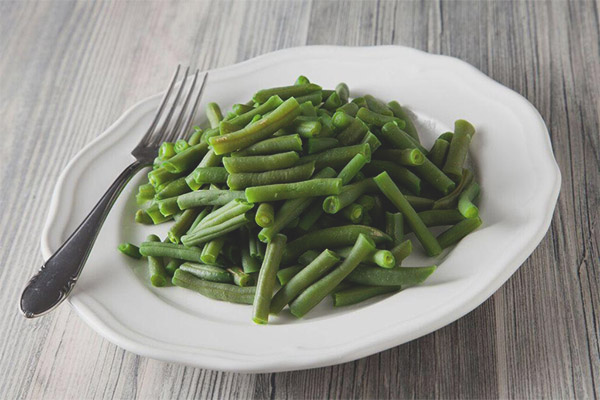



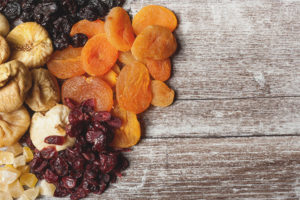
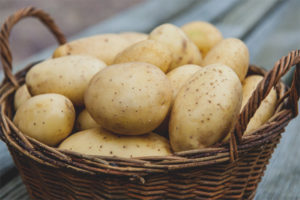
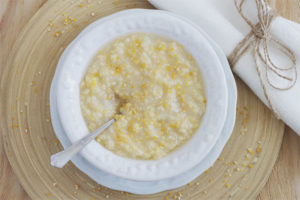
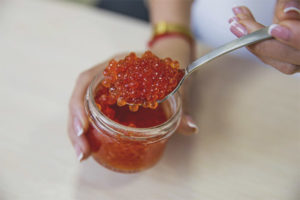
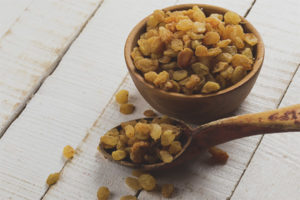
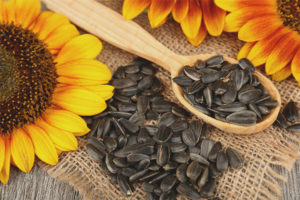
To send